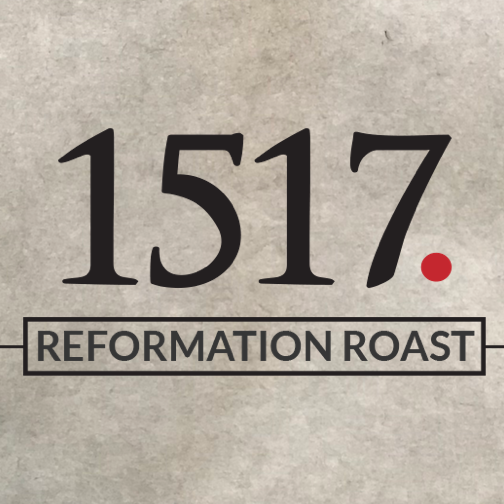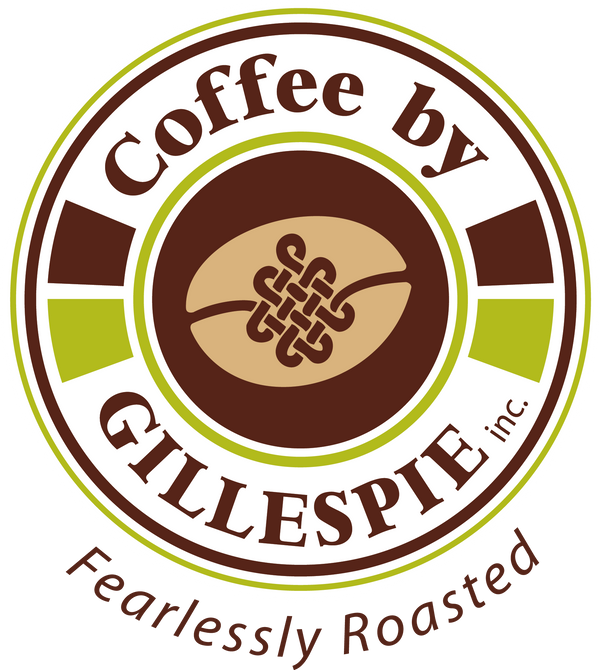
An Introduction to Coffee: Caffeine
Share
Coffee can, on occasion, earn a negative perception because of its association with caffeine. On the other hand, coffee is quite often perceived as an essential part of the day because of the caffeine. So, what’s the deal with the caffeine in coffee? Is it really a valuable part of your morning grind, or not—what are the pros and cons?
The Science of Caffeine
One of the main qualities attributed to the popularity of the brew according to Lani Kingston, author of How to Make Coffee: The Science Behind the Bean, is caffeine’s ability to encourage the production of epinephrine, which you may know as adrenaline.
“Perhaps one of the primary reasons for coffee’s popularity is its ability to increase mental alertness with practically no negative side effects…studies show that it is nonaddictive due to the fact that it does not activate reward circuits in the brain.”
In addition to giving you an extra boost of energy and waking you up in the morning, coffee brings various health benefits when consumed in moderation. The natural caffeine found in your daily grind brings with it a long list of benefits, especially for your brain.
Not only does caffeine provide you with a short term memory boost and increased awareness, the caffeine in coffee can actually lead to the prevention of various neurological disorders such as Alzheimer’s and Parkinson’s.
The oils in the coffee are also naturally rich in antioxidants. In fact, the antioxidants in coffee often far outweigh the antioxidants found in many other “superfoods.”
Coffee along with its caffeine content stacks up well with its various benefits—but, what about decaf?
The Absolved Decaf Blend is a blend of Latin American, Indonesian, and African beans. The natural flavors and nutrients in the bean are all still packed into the bean, the only difference between this blend and others is the removal of the caffeine molocules. So how does that work?
Swiss Water Process
The Absolved Decaf Blend is decaffeinated organically using a method called the Swiss Water Process. In this process the beans soak in hot water for hours. The process extracts the oils and molecules from the bean and into the water. The water is them passed through a charcoal filter. Since the caffeine molecules among the largest molecules absorbed by the water, they become trapped in the filter while the others pass through. The beans soak in the water a second time, this time to reabsorb the oils. Everything is now placed back into the bean except the caffeine.
This process was introduced in the 1980’s by Swiss scientists who were seeking a method of decaffeination without adding solvents or chemicals to the process. Unlike decaffeination with solvents, the caffeine, once trapped by the filter, cannot be extracted and sold. While this method avoids solvents and chemicals, the caffeine cannot be sold after the process making this method more expensive than solvent decaffeination.
For me, the Absolved Decaf Blend is perfect for those nights when I want to curl up on the couch with a book and a large cup of delicious coffee without the fear of insomnia because of the caffeine content.
The Absolved Decaf Blend can be purchased by bag or with a coffee subscription for the blend.

